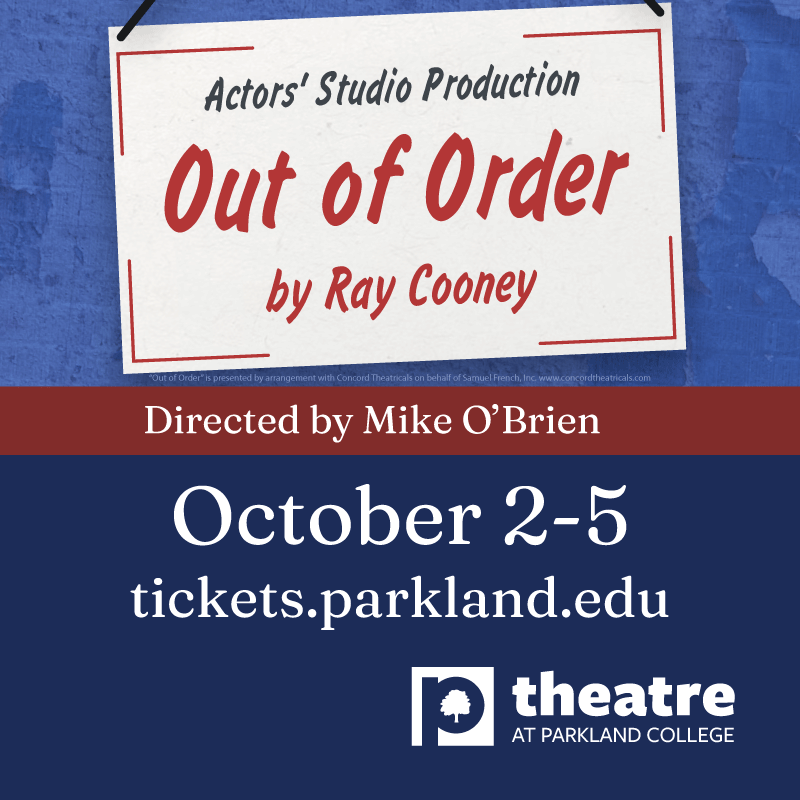By FRED KRONER
fred@mahometnews.com
Imagine studying for an exam without knowing the specific areas to be covered.
Prior to entering the testing site, just general topics are available, notably Biology, Chemistry, English, Mathematics and Physics.
High school students who participate in the annual Worldwide Youth in Science and Engineering (WYSE) competitions don’t have to imagine this scenario.
That is their reality.
In preparation, they need to learn as much as they can about their subjects, even though Mahomet-Seymour mathematics instructor Eric Potter said, “the people who have done well have spent hours and hours over days, weeks and months studying, although 90 percent of it is not on the test.”
M-S students continue to demonstrate how well they absorb the information.
In last week’s WYSE state competition, M-S had an individual state champion for the fourth time in the past five years.
Junior Jessica Berkman took first in biology.
“Preparing for WYSE can definitely be frustrating because there’s basically nothing to guide your studying,” Berkman said. “You’re given two super broad subjects (like biology and physics) and have to do your best to cover anything that may come up.
“The best strategy I’ve come up with is going over old tests that Mr. Potter gives us, and making a list of the topics that come up most frequently. That combined with paying extra attention in classes is about all you can do to prepare.”
In the long term, Berkman said the effort devoted to learning the subjects is advantageous.
“All of the time spent studying for WYSE has helped me in classes that cover the same material, particularly AP (Advanced Placement) Biology and AP Physics,” Berkman said. “Studying in these areas was really a twofold benefit because I started studying for the AP exams much earlier than I would have otherwise.”
Senior Sanket Patel doesn’t mind the setup.
“It can be frustrating at times, but I like it this way,” Patel said. “By not releasing a study guide that you would get in a classroom or something similar, you are focusing more on critical thinking and problem-solving skills instead of rote memorization.
“Often times when there is a specified list of information, you just have to go and learn those; however, by covering diverse material it forces students to piece together different concepts they have previously learned and apply it in a new manner building impeccable problem-solving and critical thinking skills.”
Berkman was selected to be part of the WYSE team a year ago. She was leery as she entered the tryout process.
“I first tried out for WYSE just to test myself and see how I compared to the rest of the school,” Berkman said. “WYSE is notoriously made up of the smartest students, so I wanted to compete with and against the brightest people in Mahomet and across the state.
“Tryouts were definitely nerve-wracking the first year I tried out because I had no idea what to expect, but having competed last year, this year’s tryouts weren’t nearly as stressful.”
That tryouts are mandatory for the academic team is a reflection of changes that have occurred during Potter’s 18-year tenure in the district.
“Back then, it was more like a couple of individuals who wanted to do it,” Potter said.
He wanted to build a competitive program, so he did some in-school recruiting.
“I’d ask the English teachers who’s good in English or the AP Biology teacher who’s good, and invite kids,” Potter said.
It took time before the maximum roster limit of 14 was reached. When interest mushroomed beyond that number at M-S, Potter began conducting tryouts in December for a competition period that features a regional tournament in February, a sectional event in March and the state finals at the University of Illinois in April.
M-S now has a lengthy streak of winning both the regionals and the sectionals.
Patel appreciates the diversity that WYSE encompasses.
“I really liked the fact that it was more than just one topic,” Patel said. “For example, math team focuses only on math, science olympiad is based entirely on science, FBLA is all about business. However, WYSE covers everything from math to physics to English to engineering graphics.”
M-S competes in the third highest of four enrollment divisions, and is assigned to a category for schools between 700 and 1,500 students. For three years in a row, M-S has placed among the top three teams at state.
The success didn’t happen immediately.
“It takes time to build up,” Potter said. “You have to study to be on the team. What they see in class won’t be enough.
“Usually, it’s primarily juniors and seniors (on the team). Occasionally, we have a few sophomores.”
In 2016, M-S had its first freshman on the WYSE team. Nick Morrow showed he belonged, earning a state medal as a ninth-grader. He has earned medals in math for three consecutive years.
Freshmen are at a disadvantage, Potter said, because, “they haven’t had AP Biology, AP Chemistry or calculus.”
Patel said, however, it’s not an overwhelmingly difficult challenge.
“Since a lot of the stuff on the WYSE tests are not covered in a typical classroom setting, most of it is put on the students,” Patel said. “If they wish to be successful they have to learn concepts and take practice tests on their own time.
“The students have to be self-motivated because in WYSE nobody is going to force you to study.”
The subjects which are tested at state have a differing amount of questions, but the same time limit: 40 minutes.
In math, there are 30 questions to answer, in physics there are 35 questions, in chemistry, there are 40 questions, in biology, there are 50 questions and in English, there are 80 questions.
“In some subjects, it’s not an issue, but in math and physics, it’s almost impossible to finish the test,” Potter said.
The M-S students said a pre-test plan is imperative.
“Personally, I had a fair amount of trouble with pacing during the physics test this year,” Berkman said. “In the end, my strategy was to skip questions that I knew would take more than a minute and a half, marking them in case I had time at the end, and to make a quick guess on anything I didn’t know how to do.”
Tests are graded based on the number of correct responses, so students spend the final seconds making sure there’s a mark for each question.
“Honestly, it is just a lot of skipping around,” Patel said. “Most of the times I have less than three-fourths of my scantron filled out by the time I get to the last question.
“After that, I go back and focus on questions I am confident I can get with enough time. Then the ones I have no idea how to do, or I know won’t finish in the given time, I just have to guess on and hope for the best.”
Potter is the unofficial face of the WYSE program at M-S, volunteering his time.
“I do it because it’s important for the kids to do,” Potter said.
He prints out practice tests for the students to take.
“Potter is super dedicated to the program,” Patel said. “Every few weeks he will print out a few practice tests for everyone to pick up and do at home with solutions.
“He does this all on the stringent copy limit the school has put upon him, sacrificing his precious copies for the betterment of the team. Furthermore, he hosted study sessions once or twice a week during lunch where he would lecture and teach us more physics. He is also always open to the students asking him for help or redirecting you to someone that can help you.”
Patel’s reference to “precious copies,” alludes to the limits placed on each teacher by the school district in terms of how many copies they can print each month.
WYSE team members can test in two subjects at state. This year, both Berkman and Ben Dahl were medalists in two subjects.
That is a feat M-S students have achieved nine times since 2010 with Iain Carpenter (2017 and 2016) and Pawel Strzebonski (2014 and 2013) doing so in back-to-back years. Others in that exclusive club are Morrow (2017), Ethan Russell (2014) and Dylan Roderick (2010).
Berkman said she doesn’t feel like WYSE is a solo pursuit.
“Despite the aspect of WYSE team that it is just a group of students taking an individual test, it really is a team effort,” Berkman said. “The team atmosphere is very important in driving us to collectively succeed and making sure we don’t stress too much before the results come in.
“For me, WYSE has been well worth the time I’ve put into it and I’m very much looking forward to next year.”
Before next year arrives, many of the WYSE members are anticipating next month.
There is a separate state competition held in mathematics. M-S is the two-time defending math team state champion and recently qualified again by winning the regional.
“Keep an eye out for Math Team at state (May 5),” Patel said.
M-S WYSE ROSTER
Seniors
Kaitlyn Chalfant
Tony Cosimini
Ben Dahl
Kerry Lippold
Carolyn McCue
Sanket Patel
Juniors
Jessica Berkman
Marina Moore
Nick Morrow
Carly Pogue
Michael Strzebonski
Cassidy Waldrep
Sophomores
Annie Bao
Mrinali Kesavadas
M-S TEAM FINISHES
WYSE STATE MEET
Year Place
2010 9th
2011 8th
2012 13th
2013 4th
2014 6th
2015 8th
2016 3rd
2017 1st
2018 2nd
M-S INDIVIDUAL CHAMPIONS
WYSE STATE MEET
Year Student, subject
2014 Ethan Russell, physics
2014 Pawel Strzebonski, physics
2016 XinYi Ren, biology
2017 Nick Morrow, math
2018 Jessica Berkman, biology




